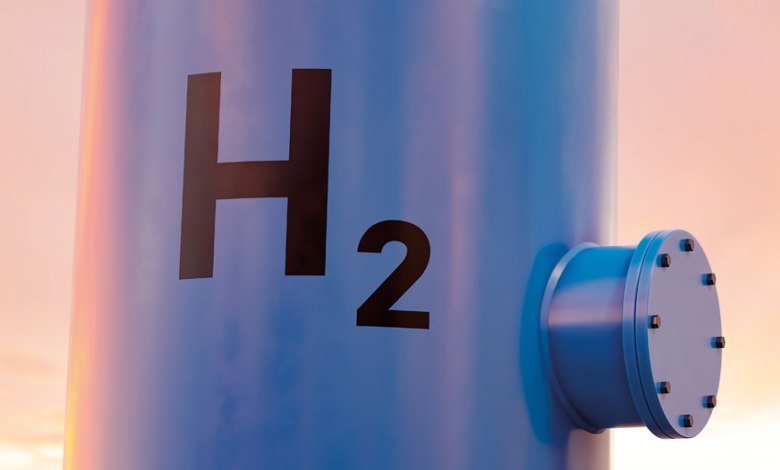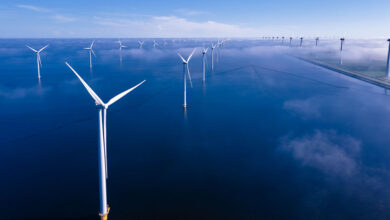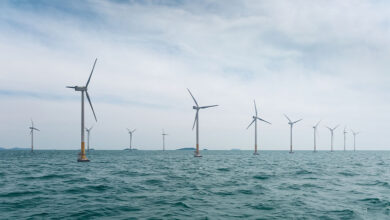Internal markets rules positions determined

EU member states and the European Council agreed their negotiating positions on proposals to set common internal markets rules for renewable and natural gases and hydrogen in March 2023, with different tariff discounts for renewable and low-carbon gases agreed.
Among the most notable of the positions agreed by the European Council is that of the tariffs and tariff discounts offered to hydrogen and renewable gases seeking access to the gas grid. Tariff discounts for renewable gasses have been set at 100 per cent, with tariff discounts for low-carbon gases set at 75 per cent. Also notable is that the agreed position allows for the blending of hydrogen into the natural gas system of up to 2 per cent by volume rather than 5 per cent “in order to ensure a harmonised quality of gas”.
In terms of the certification of storage system operators, key to these market developments, the general approach enshrines the provisions of the gas storage regulation of June 2022 into text and introduces a 100 per cent discount to capacity-based transmission and distribution tariffs to underground gas storage and LNG facilities.
Full ownership unbundling has been retained by the member states as the default model regarding the unbundling of future hydrogen networks. However, the agreement will still allow for the independent transmissions system operator model – meaning energy supply companies can still own and operate networks through the use of a subsidiary – under “certain circumstances”.
The Council also stated that it had “made various changes to the consumer-related provisions” put forward by the European Commission as part of the second batch of the Fit for 55 proposals. These changes were said to regard “provision of information, facility of switching suppliers and termination in case of bundled offers”. Member states will have more flexibility regarding the deployment of smart metering systems, according to the Council.
The agreement also contains the extension of the transition phase for implementing detailed rules for hydrogen for member states until 2035. A mechanism allowing for public intervention in price setting in case of an emergency situation has also been added, “mirroring provisions in the proposal for the electricity market design review currently under discussion”. This mechanism “would be adapted according to the outcome of negotiations on the electricity market design”. Limited derogations to some provisions for some member states in “specific circumstances” have also been added.
The Council will now enter into negotiations with the European Parliament as Brussels seeks to finalise its package and discuss proposals for renewable gas and hydrogen regulation and a European directive on the matter.





